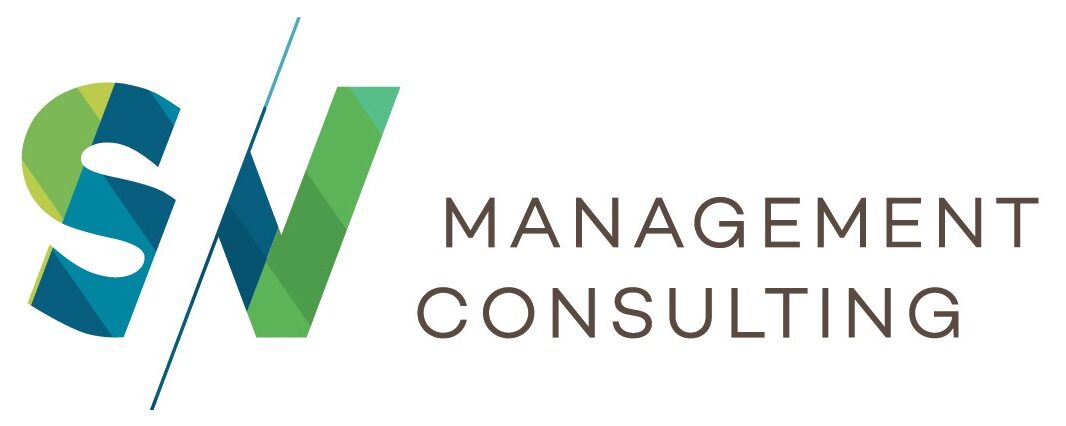
How many leaders and their teams wake up on Monday excited for the start of a new week? Chances are, a limited few. Our society has been conditioned to celebrate the weekend vibe and dread the Sunday night blues. In the Book “Change Your Questions Change Your Life,” by Marilee Adams, Ph.D., two types of mindsets are described: the Judger Mindset and the Learner Mindset. Of course, most leaders place themselves in the latter category, but the reality is we operate in both and many times are unaware when we shift between them.
Reading Dr. Adams’ book guided me while creating exercises to help clients navigate self-identification and self-reflection, critical growth areas for any leader. Questioning our attributes, actions, and characteristics is the starting point to creating a culture that embraces the importance of asking questions in the spirit of lifelong learning and leadership. But it takes practice and discipline every single day until it becomes part of your core values. The Learner Mindset increases productivity and happiness and positively impacts corporate culture, leading to improved employee satisfaction and retention.
Here are some questions leaders should start asking themselves as they build a more positive, inquisitive company culture:
- How do I want to show up authentically every day — with transparency and empathy — to build reciprocated trust with my teams?
- How does each employee impact the organization, and why is our 1:1 relationship important?
- What choices can I make to improve leadership, culture, and operations?
- What goals can my team and I achieve? What is possible now, and what is possible in the future?
These are just a few self-reflective questions that many of us do not spend enough time asking.
The Judger Mindset
How many times have you felt annoyance, frustration, or a lack of understanding with others during a team meeting? Or how many times has it felt like Groundhog Day with your team circling the same issues? For me (as I reflect while writing this article), I have shifted into the Judger Mindset many times, struggling to identify and communicate with others when there is a difference of opinion. In essence, when our minds automatically “go there,” we become closed off, losing our ability to actively listen. I have seen this often when new technologies are being rolled out, during mergers and acquisitions, and when leadership talks about new initiatives that never seem to come to fruition. We are quick to judge others when we are confused, frustrated, or experiencing fear.
Learner Mindset
On the other hand, productivity and satisfaction improve when we operate with a Learner Mindset. In this space, we consider every new experience as an opportunity to learn — and we often put others first:
- What do I appreciate about others?
- How can I learn with them?
- Am I being responsible?
- How can I improve?
- How can I help others improve?
- What are my choices?
- How can I get the answers I need to move forward?
- What is my body language saying to others?
These are all questions that open our minds and the doors to possibilities. Think about a time when your teams were successfully operating at full throttle, you were enjoying work, accelerating toward goals, and excited to be fully engaged in the office. We all value these special times in our lives when we are in sync with others and know what is possible. Yet when we hit speedbumps or roadblocks, we tend to quickly shift into the Judger Mindset rather than take the time to ask questions that will help realign individuals and create a Learning Team.
Why? Because it can be hard to self-reflect and build trust, and it takes effort and focus above and beyond our busy daily schedules. Everyone loves being busy and feeling needed; it’s a safety net in the workplace. But it doesn’t always move the needle in building deeper relationships or dynamic teams.
So How Do We Change?
Establishing a method to set priorities and measure success is critical, whether this is done daily or weekly. Task trackers and detailed project plans are helpful here. But so is asking questions. All too often important questions surface during quarterly and annual strategy sessions. But question-asking should be part of our daily routines, and we should be encouraging employees at every level of the organization to ask them. Everyone should feel comfortable in knowing the business and how their role impacts success.
Change comes when we ask questions and gain an understanding of how our minds shift. In our daily planning, we need tools and the opportunities that encourage the questioning process. There are many resources designed to help elevate and celebrate a Learning Mindset and to build an inquisitive culture of questioning and lifelong learning. Coaching for teams and leaders can help shift mindsets and build a high-performance team. Call me for an introductory session and unlock your learner mindset.

